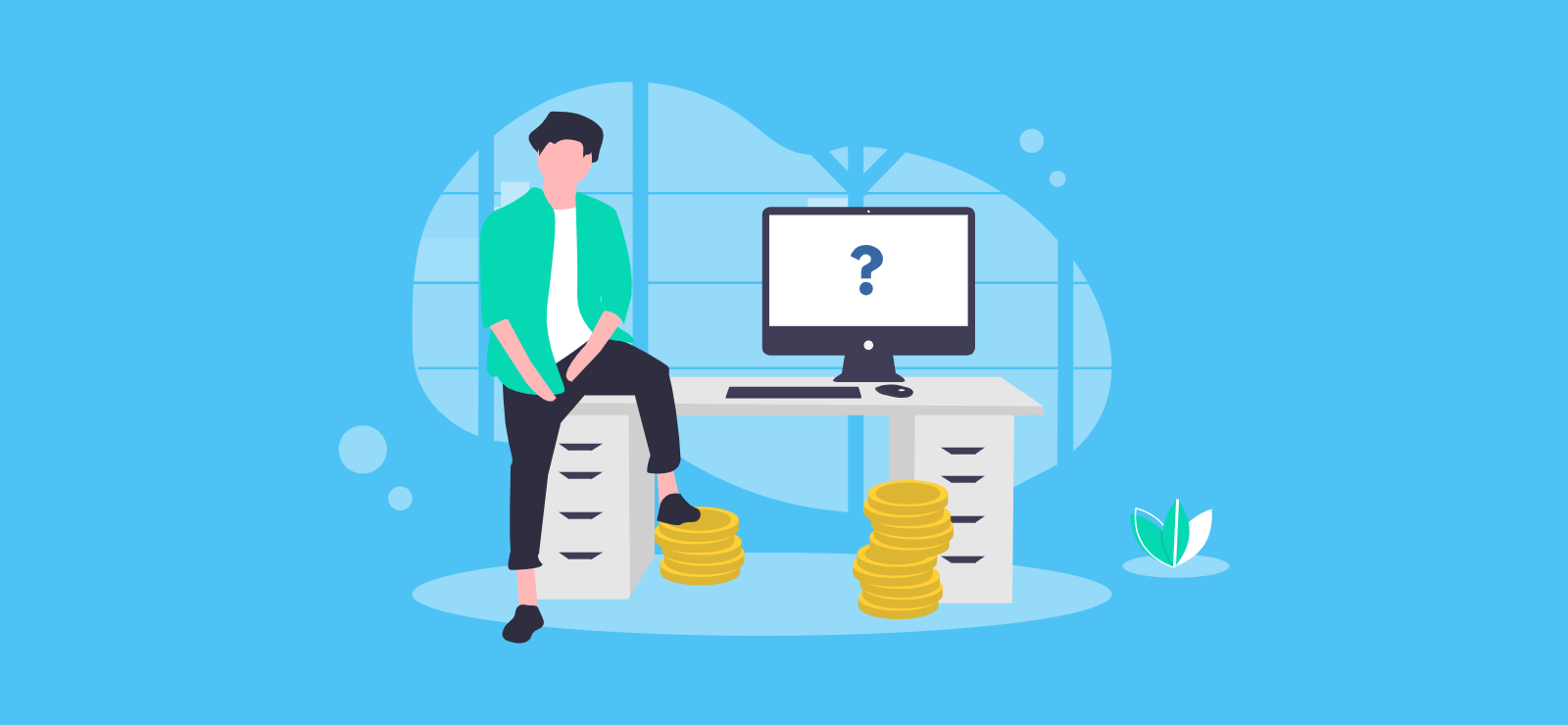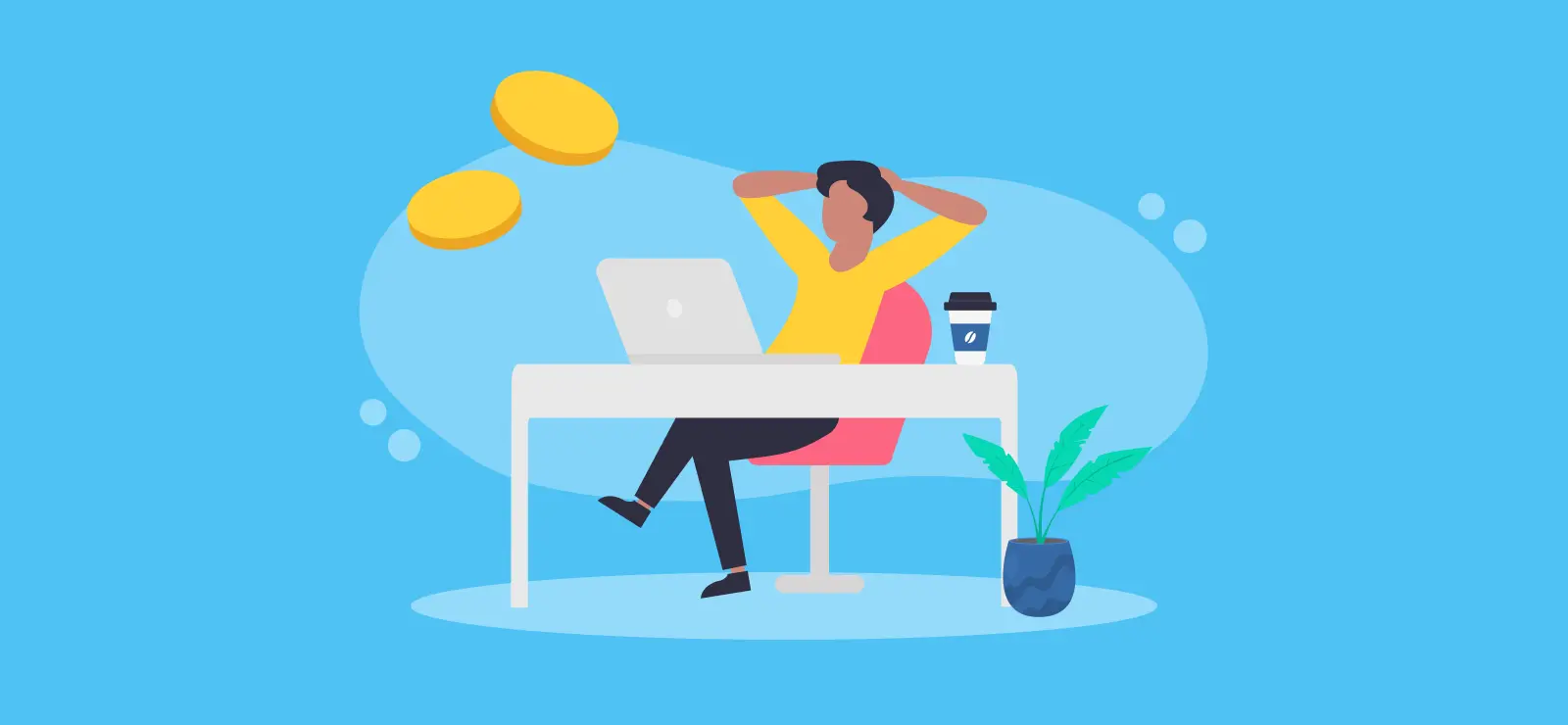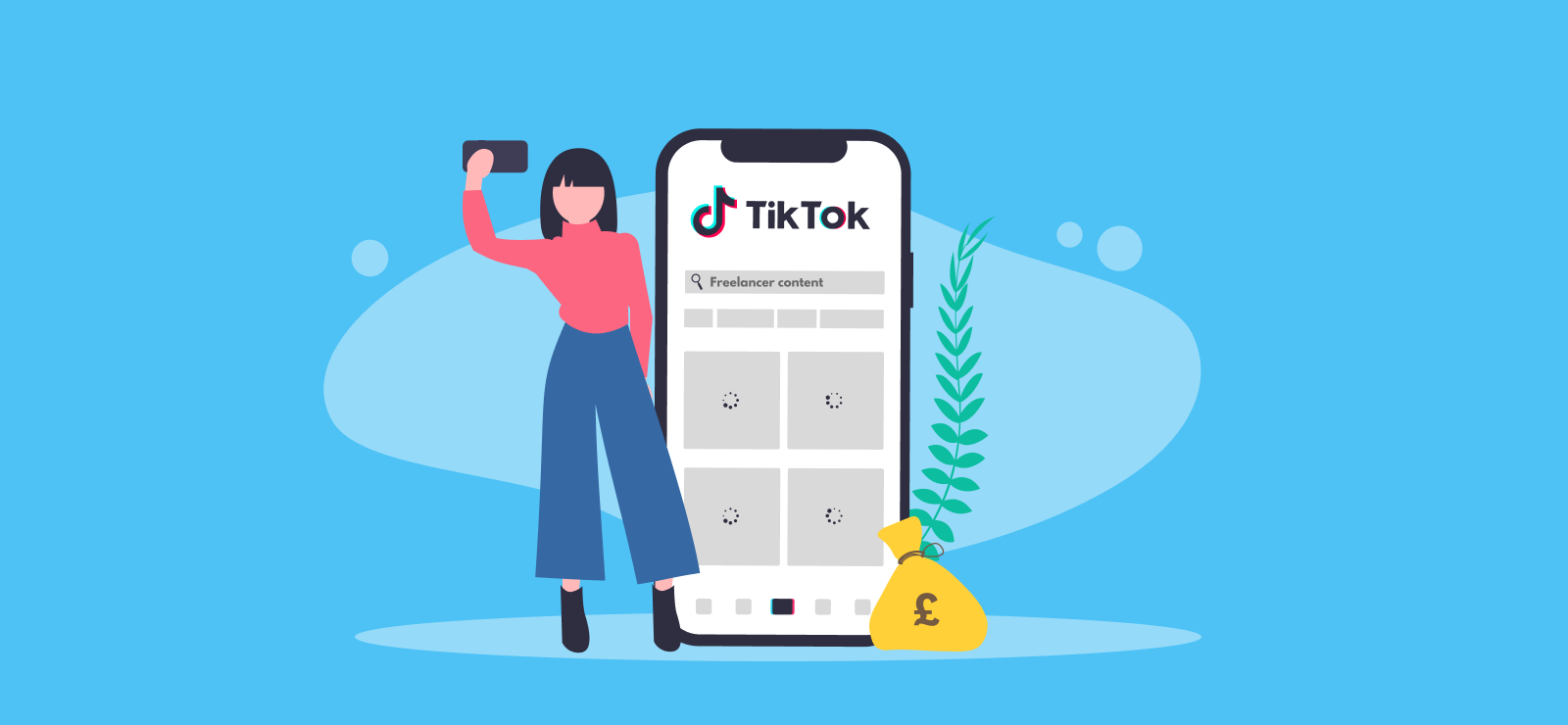

A Simple Guide to the Self-Employment Income Support Scheme (SEISS) Grant
The Self-Employment Income Support Scheme (SEISS) grant supports self-employed workers and individuals in partnerships whose business is suffering as a result of coronavirus.
Earlier schemes have been in place for much of the year, offering varying levels of support. The government’s 2021 Spring Budget confirmed that grant funding would continue to be available for self-employed workers.
How much can I claim using the SEISS grant?
The amount of funding available through the self-employed grant varies depending on which period you need help with, and how badly your business is affected. We explain the terms in more detail below.
Claiming the SEISS grant for February, March, and April 2021
This period will be the fourth time that the SEISS grant has been offered. It provides up to 80% of 3 months worth of your average trading profits, and will be paid as a single instalment worth up to a maximum of £7,500.
You will be eligible to claim if you submitted your 2019-20 Self Assessment tax return by midnight on 2nd March 2021. This tax return will also be used as part of the calculation for the amount you can claim. The scheme is due to open from mid April onwards for this period.
The SEISS grant from 1st May to 30th September 2021
During this period, the amount of your SEISS claim will depend on how much your business’ turnover has reduced in the April 2020 – April 2021 tax year because of the pandemic.
- Turnover has reduced by 30% or more: A SEISS grant equal to 80% of 3 months’ worth of average trading profits, up to a maximum of £7,500.
- Turnover has reduced by less than 30%: The grant is equal to 30% of 3 months’ average trading profits, up to a maximum £2,850.
Who is eligible to claim the SEISS grant?
SEISS is available to self-employed workers and individuals who are a partner in a partnership that are experiencing less demand for work as a result of the COVID-19 pandemic.
As with previous rounds of the scheme, HMRC are identifying eligible applicants and inviting them to submit a claim. But, if you think that you’re eligible and don’t hear from HMRC, check with them!You also must have been trading in both 2019-20, and 2020-21.
Average yearly trading profits
The scheme is only available for businesses whose average yearly profits do not exceed £50,000. The key word here is average.
Your trading profits might be more than £50,000 in one tax year, and at a loss the next, resulting in an average profit which is lower than the £50,000 threshold, making you eligible to apply.
Where your income comes from
Eligibility for the grant also considers how you earn your money. This is because the scheme is designed to provide support to those who rely on their self-employed income.
You’ll also need to confirm that you have been adversely affected by coronavirus.
Has my business been adversely affected by coronavirus?
The grant is only available for those whose businesses are suffering as a result of coronavirus. This largely refers to the way that COVID-19 is affecting your ability to work as you would normally expect to do so.
For instance, this might be because:
- You’re shielding yourself or have caring responsibilities.
- You have to scale down because staff are unable to work.
- There’s less demand for your work because of social distancing rules and lockdown measures.
How do I calculate my Self-Employment Income Support Scheme (SEISS)claim?
The amount of grant is based on 3 months worth of your average profits (or losses) over the last few years of trading, up to a maximum of 4 years:
- 2016/17
- 2017/18
- 2018/19
- 2019/20
Each year will be added together, and then divided by the number of years to work out your average profit. Where there aren’t enough years to work out your claim, for instance if the business isn’t old enough, HMRC will instead average the period they do have.
What happens to my SEISS claim if I’m in a partnership?
If your self-employed income comes from being in a partnership, you only need to use your share of the profits to calculate your SEISS claim.
Are directors eligible for the Self-Employment Income Support Scheme (SEISS)?
Unfortunately, directors of limited companies are not eligible to apply for a grant under the Self-Employment Income Support Scheme (SEISS).
A self-employed person or sole trader means someone who works for themselves in business. Directors are technically employees of their company which means they’re not able to claim SEISS. Find out what help is available for directors dealing with the impact of coronavirus.
Will I have to repay money I get through the Self-Employment Income Support Scheme (SEISS)?
No, if you are eligible and make a successful claim for SEISS, you will not have to repay the support that you get.
Is the Self-Employment Income Support Scheme (SEISS) subject to tax and NI?
Yes, money paid to you as a SEISS grant will be subject to Income Tax and self-employed National Insurance.
Do I need to include my SEISS claims on my Self Assessment tax return?
Yes, because SEISS is subject to tax and NI, you’ll need to include the SEISS grant you receive on your Self Assessment tax return.
Can my accountant make my SEISS claim for me?
Unfortunately, HMRC say that applicants must make applications for SEISS themselves. Your accountant or tax agent will be able to use the online eligibility checking tool on your behalf, but will not be able to submit a SEISS claim for you.
How do I make a claim for the Self-Employment Income Support Scheme (SEISS) grant?
Because your accountant or tax adviser can’t make a SEISS claim for you, you’ll need to do it yourself.
As you’ll be making your own claim, you’ll need to set up a Government Gateway account if you don’t already have one. This only takes a few minutes to do online.
You should make sure that you have the Self Assessment service connected to that gateway account. If you don’t already have this bit set up, you’ll need to request an activation code from HMRC, which can take a few weeks.
You’ll need to know (or set up) your:
- Self Assessment UTR – read our article on where to find your UTR if you’re not sure.
- National Insurance number.
- Government Gateway user ID and password.
- Bank account number and sort code for the account where you would like the grant to be paid.
When can I submit my claim for the SEISS grant?
Applications for the fourth grant opens from the end of April (to give HMRC time to process Self Assessment claims) and will be available until the end of May 2021. The fifth round will open at the end of July 2021, though full details are not yet available.
What happens after I submit my claim for the Self-Employment Income Support Scheme (SEISS)?
HMRC have said that applicants for the SEISS grant will find out if their claim is successful straight away.
Because you’ll need to include details of the grant on your next Self Assessment tax return, make sure you take a note of:
- The amount claimed.
- The claim reference number.
- Evidence which demonstrates your business has suffered as a result of coronavirus.
How will my SEISS grant be paid?
Successful grant applications are paid within 6 working days, as a single instalment into your chosen bank account.
Can I still work if I receive a Self-Employment Income Support Scheme (SEISS) grant?
Yes, you can continue working even whilst claiming the SEISS grant. You’re also able to start a new trade, volunteer, or start work for an employer.
What if I didn’t apply for the previous SEISS grants?
You can submit a claim for the SEISS even if you haven’t claimed before.
Find out more about business support for COVID-19 at our information hub, or find out how our online accounting services can help.
Want to learn more?
Subscribe to our newsletter to get accounting tips like this right to your inbox

Read more posts...

Top Tax Breaks for Businesses
20th May 2025Claiming every bit of tax relief possible can noticeably reduce your tax bill, so you can put what’s left to better use…
Read More
The Accountancy Partnership – Our Positive Reviews
19th May 2025We’re proud of our customer reviews here at The Accountancy Partnership The reviews we receive from our customers show how hard we…
Read More
Making Money on TikTok
13th May 2025In today’s increasingly (some would even say chronically) online world, where there’s a constant battle for people’s attention, it’s not just a…
Read MoreConfirm Transactions
The number of monthly transactions you have entered based on your turnover seem high. A transaction is one bookkeeping entry such as a sale, purchase, payment or receipt. Are you sure this is correct?
Please contact our sales team if you’re unsure
VAT Returns
It is unlikely you will need this service, unless you are voluntarily registered for VAT.
Are you sure this is correct?
Call us on 020 3355 4047 if you’re not sure.
Bookkeeping
You will receive our bookkeeping software Pandle for free, as part of your package.
You can use this to complete your own bookkeeping, or we can provide a quote to complete your bookkeeping for you.
Please select and option below:
Call us on 020 3355 4047 if you’re not sure.


